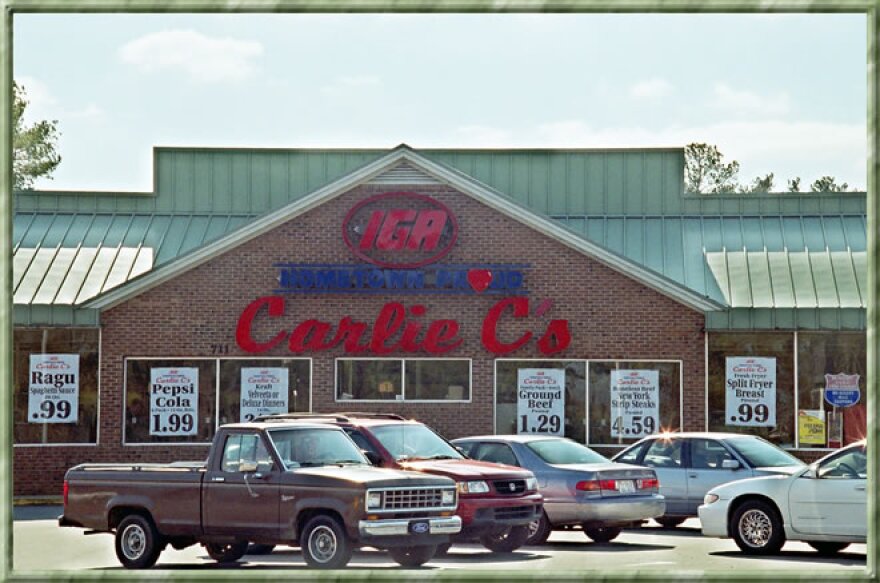The legislative committee that reviews North Carolina’s tax laws debated on Monday a tax that cities and towns levy on businesses to allow them to operate within their municipality limits.
The tax, which state lawmakers have tried to change at least five times in the last 10 years, allows local governments to charge companies a flat rate or a percentage of their revenues. It includes retailers but exempts businesses such as insurance and law offices.
The heads of two grocery chains, Dunn-based Carlie- C’s and Raleigh-based Ford’s Produce, complained to legislators that each locality has a discretion over how much to charge and that some disproportionately tax them. For instance, in 2012, the city of Raleigh charged $8,000 to Ford’s Produce for a license but charged $2,000 to the utility company Progress Energy, which had more than $5 billion in revenues that year, said Ford’s President Lynn Ford.
“It doesn’t make any sense,” Ford said.
In 2012, the city of Raleigh charged $8,000 to Ford's Produce for a license but charged $2,000 to the utility company Progress Energy, which had more than $5 billion in revenues.
Paul Meyer, government affairs director of the North Carolina League of Municipalities, said cities and towns can only collect from businesses through the privilege license tax or through property taxes. Some cities simply interpret the statute written for the tax and have come to rely on it, he said.
“The league knows there are a number of problems with this statute,” Meyer said. “Everyone’s got a different perspective on how to fix that, but cities haven’t done anything wrong.”
Several members of the revenue committee, including co-chair Sen. Bill Rabon (R-New Hanover), expressed interest in revamping the tax. It could be formally discussed for a possible bill at the next committee meeting, Feb. 11.









